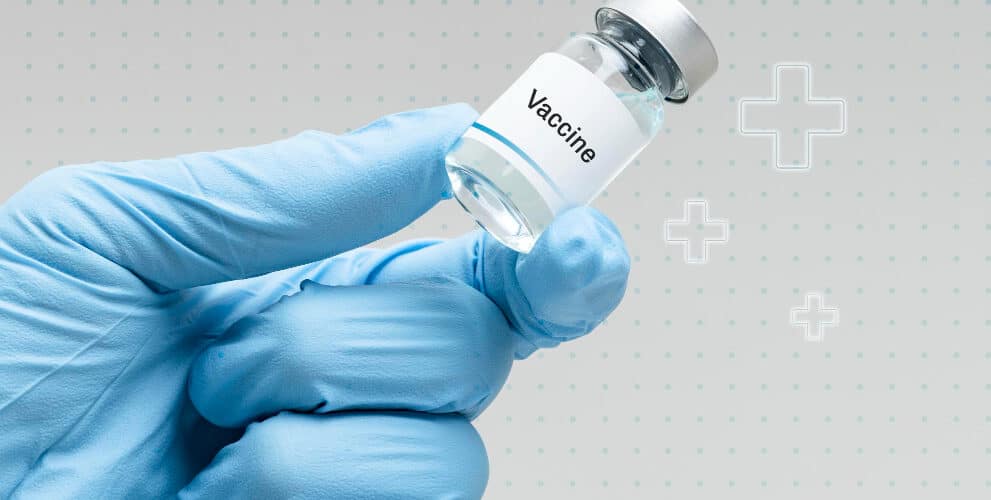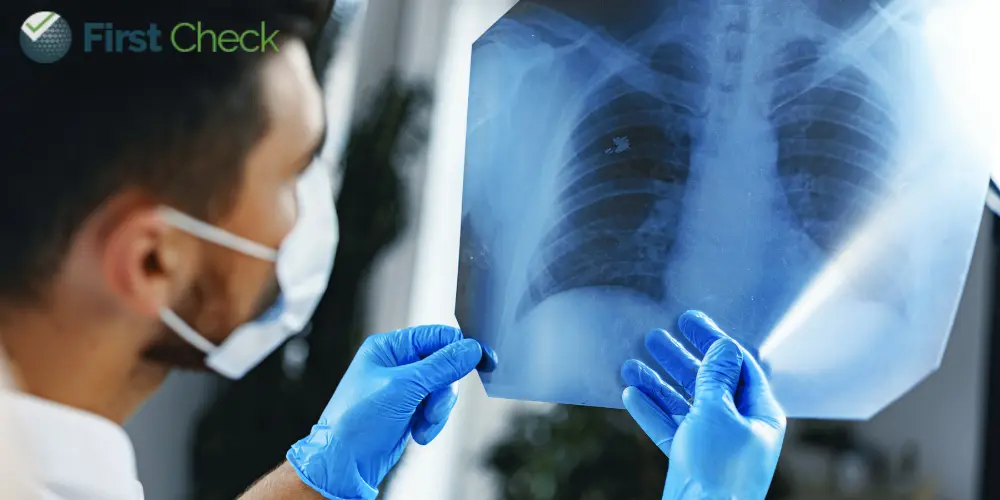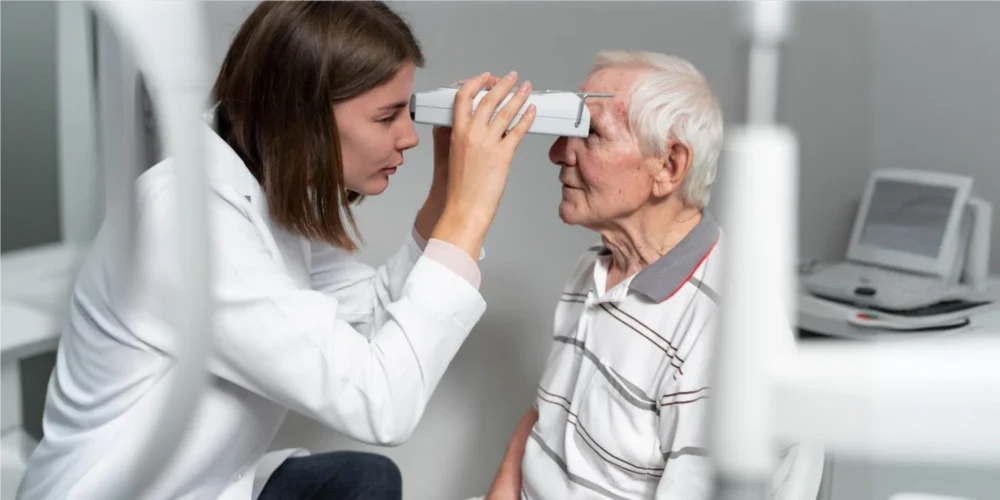Russia’s cancer vaccine ready for use: report
The trials have confirmed both the safety of the vaccine, even with repeated administration, and its significant efficacy in cancer treatment
Author
Author
- admin / 5 months

- 0
- 4 min read

Author
Russia has developed a cancer vaccine that has successfully completed preclinical trials and is now ready for use, Veronika Skvortsova, head of the Federal Medical and Biological Agency (FMBA), announced at the 10th Eastern Economic Forum (EEF), held in Vladivostok from September 3–6 under the theme “The Far East: Cooperation for Peace and Prosperity,” TASS news agency reported.
“The research spanned several years, with the last three dedicated to mandatory preclinical studies,” Skvortsova said, quoted by TASS. “The vaccine is now ready for use; we are awaiting official approval.”
According to her, the trials confirmed both the safety of the vaccine, even with repeated administration, and its significant efficacy. Results showed a reduction in tumor size and slowed disease progression by 60% to 80%, depending on cancer type.

“Researchers observed reductions in tumor size and slowed tumor progression — ranging from 60% to 80% — depending on the disease characteristics,” she noted. The studies also indicated improved survival rates among test subjects.
The first application of the vaccine will target colorectal cancer. Skvortsova added that researchers are also making headway on vaccines for glioblastoma and certain forms of melanoma, including ocular melanoma, which are now in advanced development.
The EEF event drew more than 8,400 participants from over 75 countries, with TASS serving as the general information partner.
National Medical Research Centre Details Oncolytic and mRNA Vaccines
In a statement, the National Medical Research Radiological Centre of the Ministry of Health of the Russian Federation described the vaccine development as part of its strategic push to advance domestic cancer therapies.
“The development of domestic technologies in the fight against cancer is our strategic priority. And work on the creation of new generation drugs that demonstrate their high efficiency at the stage of animal testing is a real breakthrough in oncology,” the Centre said.
It outlined two key areas of research:
Oncolytic Vaccine EnteroMix
“The first is the oncolytic vaccine EnteroMix, created at NMRRC jointly with the Engelhardt Institute of Molecular Biology. The drug is based on a combination of four non-pathogenic viruses that have the ability to destroy malignant cells and simultaneously activate the patient’s antitumor immunity. Over the past few years, a full cycle of preclinical studies has been completed, confirming the effectiveness and safety of the drug. The antitumor effect varies from slowing tumor growth to its complete destruction. It is important to note that clinical trials and patient recruitment for the first phase will begin in late 2024, early 2025.”
Personalized mRNA Vaccines
“The second direction is personalized mRNA vaccines, which are being developed at our Center in cooperation with the Gamaleya Institute. The fundamental difference of this method lies in the individual approach: based on the genetic analysis of each patient’s tumor, a unique vaccine is created that can ‘teach’ the immune system to recognize cancer cells. Especially for this purpose, our Center has created a unique software platform to determine the individual mutation profile (so-called neoantigens) and the subsequent design of an individual vaccine for this ‘portrait’ of the tumor.”
Different Mechanisms, Shared Goal
Explaining the distinction between the two approaches, the Centre noted: “EnteroMix uses viruses to directly destroy the tumor and activate innate immunity, while mRNA vaccines work at the molecular level, programming the specific anti-tumor immune system to fight specific tumors, based on the molecular ‘portrait’ of the tumor. Both developments are the result of the work of our talented Russian scientists. They symbolize the transition from traditional treatment methods to advanced biotechnological solutions. We are confident that these vaccines will open new horizons in the fight against cancer and save thousands of lives.”
Also read: Fact Check: Are asymmetric breasts a sign of cancer?









